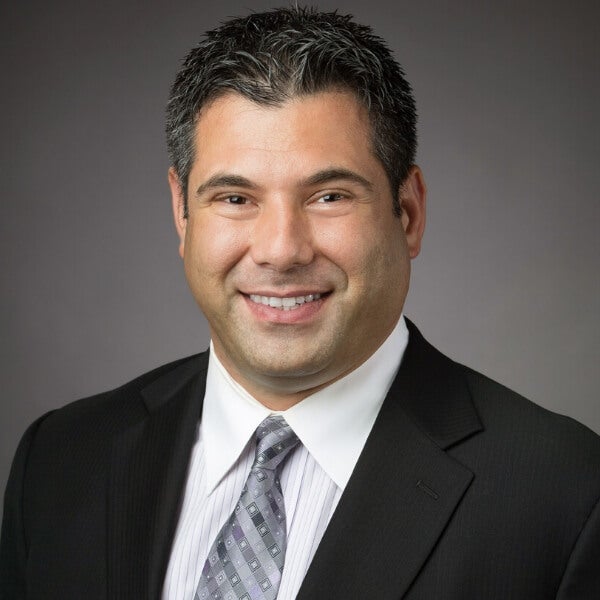Dr. Omid Veiseh Ph.D. is a Professor and CPRIT Scholar in Cancer Research in the Departments of Bioengineering and Chemical and Biomolecular Engineering at Rice University. He is also the Director of Rice University's Biotech Launch Pad, a new initiative with a mission to accelerate the translation of Rice University's discoveries and technologies into clinical practice to provide rapid patient access to leading-edge therapeutic products. He leads an interdisciplinary translational research program to engineer and commercialize next-generation cell-based therapeutics for various human diseases. His team leverages the latest techniques in synthetic biology, immunoengineering, and material science to develop innovative cell-based platforms for real-time and feedback-regulated production of biologics. Throughout his career, he has authored or co-authored more than 80 peer-reviewed publications, including those in Nature Biotechnology, Nature Materials, Nature Medicine, and Nature Biomedical Engineering. He is an inventor on more than 50 pending or awarded patents. He is also a serial entrepreneur who has co-founded multiple biotechnology companies, collectively attracting ~ $500M in private and public investment capital. Dr. Veiseh has been elected as a fellow of the Controlled release Society and a member of the National Academy of Inventors.
Dr. Veiseh received a dual Ph. D. in Materials Science & Engineering and Nanotechnology from the University of Washington. He completed his postdoctoral research with Prof. Robert Langer and Daniel G. Anderson at MIT and Harvard Medical School.
Research Statement
Combining molecular engineering and multi-scale fabrication to innovate new biomaterials for medicine and biology
The Veiseh Lab utilizes multi-scaled (nano, micro, and macro) fabrication techniques, combined with molecule engineering and cellular and molecular biology, to develop functional platforms of implantable devices tailored for applications in immunology, regenerative medicine, and disease monitoring.
The role of implanted biomaterials and devices in modern medicine is rapidly expanding, but their efficacy is often compromised by host immune recognition and subsequent foreign body responses. Recent discoveries on physical properties (geometry, surface porosity, mechanical stiffness) and chemical properties (molecular surface engineering, reducing protein fouling, and biomolecule displays) that can modulate host immune responses are now creating new opportunities to innovate novel, long-term functioning implantable systems for a broad spectrum of clinical applications, including cell transplantation, localized controlled drug release, continuous sensing and monitoring of physiological conditions, and tissue regeneration.
While significant progress has been made, the clinical translation of these applications are still hindered by a lack of suitable biomaterials that can appropriately interact with the host immune system in a controlled and tailored manner. To achieve these goals, it will be necessary to:
- Expand our understanding of the interplay between materials properties and their influence on host immune responses,
- Based on discoveries, develop new materials with tailored properties to control host immune cell behavior, and
- Develop tools to non-invasively track cellular and biomolecular activity in vivo.

